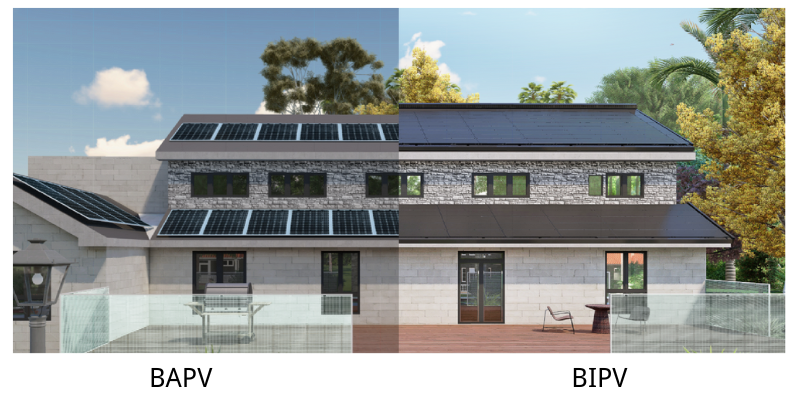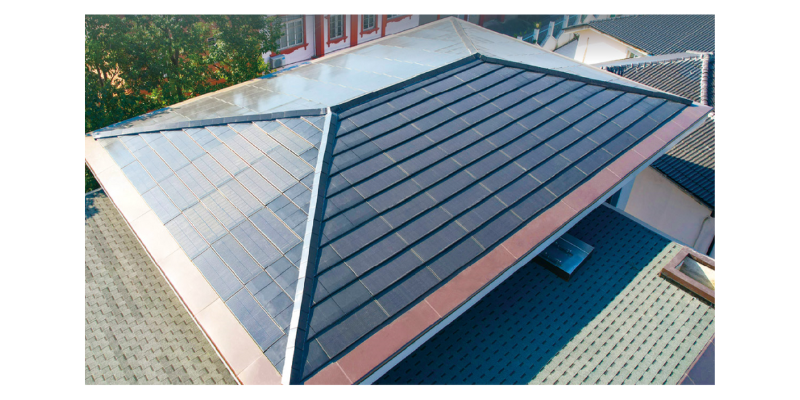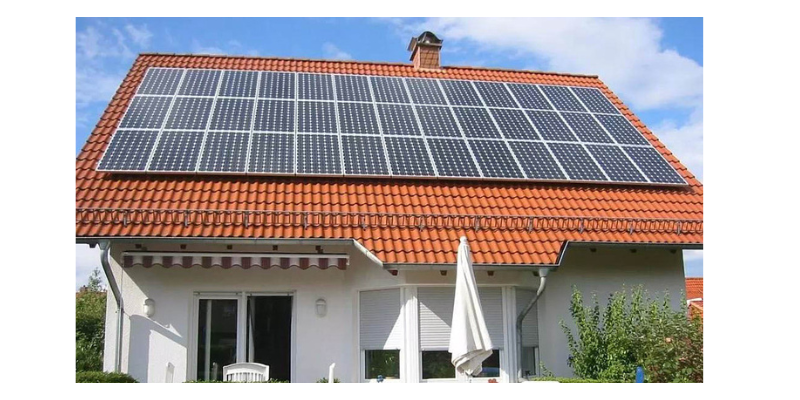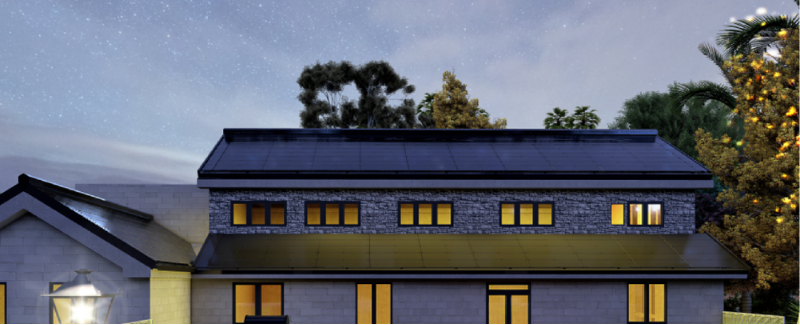
What is the difference between bipv and bapv?
2024-05-14 17:33
There are two common applications of photovoltaics in buildings, BIPV (Building-Integrated Photovoltaics) and BAPV (Building-Applied Photovoltaics), both of which enable solar power generation in buildings, but have different designs and installation methods. Sgbsolar will introduce the differences between the two, analyzing them in terms of definitions and application scenarios.
Below are the definitions and differences:
1. BIPV (Building-Integrated Photovoltaics):
Definition: BIPV refers to the integration of building and power generation by integrating photovoltaic modules into the building's exterior or building materials to replace traditional materials such as tiles and glass.
This integration allows the building itself to become the power generator, thus maximizing the use of solar energy resources and maintaining the overall aesthetics of the building.
Characteristics: BIPV systems are usually directly integrated with building components.
such as walls, roofs, shades, etc., allowing the PV modules to be integrated with the appearance of the building without affecting the aesthetics of the building, while realizing the power generation function.

2. BAPV (Building-Applied Photovoltaics):
Definition: BAPV refers to the installation of stand-alone photovoltaic modules on the exterior surface of a building, rather than integrating the PV modules into the structure of the building.
This approach usually involves installing PV modules to the surface of a building after the building has already been constructed to generate solar power.
Characteristics: The BAPV system is relatively independent from the external surface of the building, can be installed after the building has been constructed, and is easy to maintain and replace the PV modules.
However, it may have some impact on the appearance and overall design of the building compared to BIPV.

In practice, the choice of BIPV or BAPV depends on the design needs of the building, architectural style, building structure, etc. BIPV is more integrated and aesthetically pleasing than BAPV, but is more costly to install; whereas BAPV is more flexible, applicable to completed buildings and relatively low cost. Both approaches can provide clean energy for buildings and realize the purpose of energy saving and emission reduction.
As photovoltaic technology becomes more and more mature, many countries are calling on the public to actively join the ranks of the use of solar energy, and part of the region is also mandatory in the installation of photovoltaic new buildings, for some of the old style of building renovation is required to be in the front of the foundation must also be maintained in the original appearance of the building. Then, bipv, which integrates photovoltaic power generation equipment into buildings in a low-profile manner, is the most advantageous.

Sgbsolar's main product——bipv roof tiles, belongs to the bipv category of roofing products, which can be understood as solar panels like roof tiles, with all the functions of solar panels and tiles.
It is truly integrated into the building, can be low-profile and perfectly integrated into the building roof, to maintain the aesthetics of the building and at the same time have the function of power generation. This is the perfect choice for buildings that need to maintain their original style and regional characteristics, after all, most people can't accept the ugly appearance of solar panels covering the roof.
As most people say, bipv roof tiles are the future of roofing!
As the world's leading manufacturer of bipv roof tiles, sgbsolar always focuses on the combination of photovoltaic power generation and roofing, and is committed to making all roofs capable of combining with solar energy, and is working hard to move towards a green and low-carbon future!
